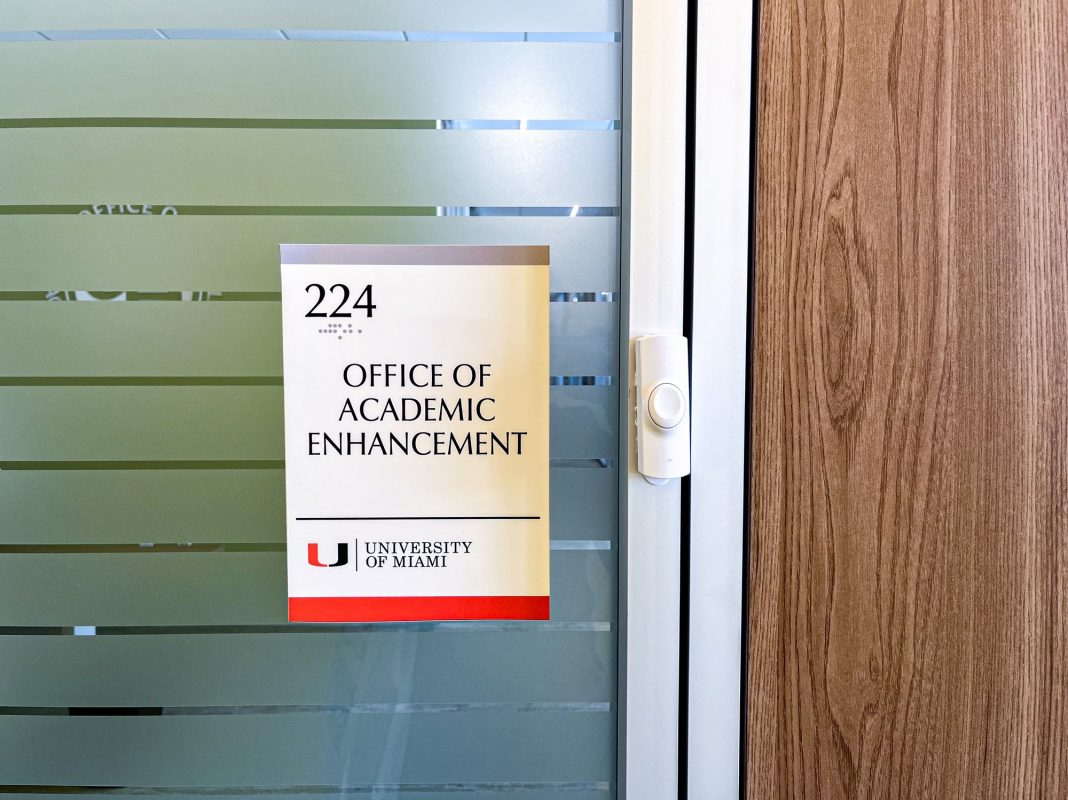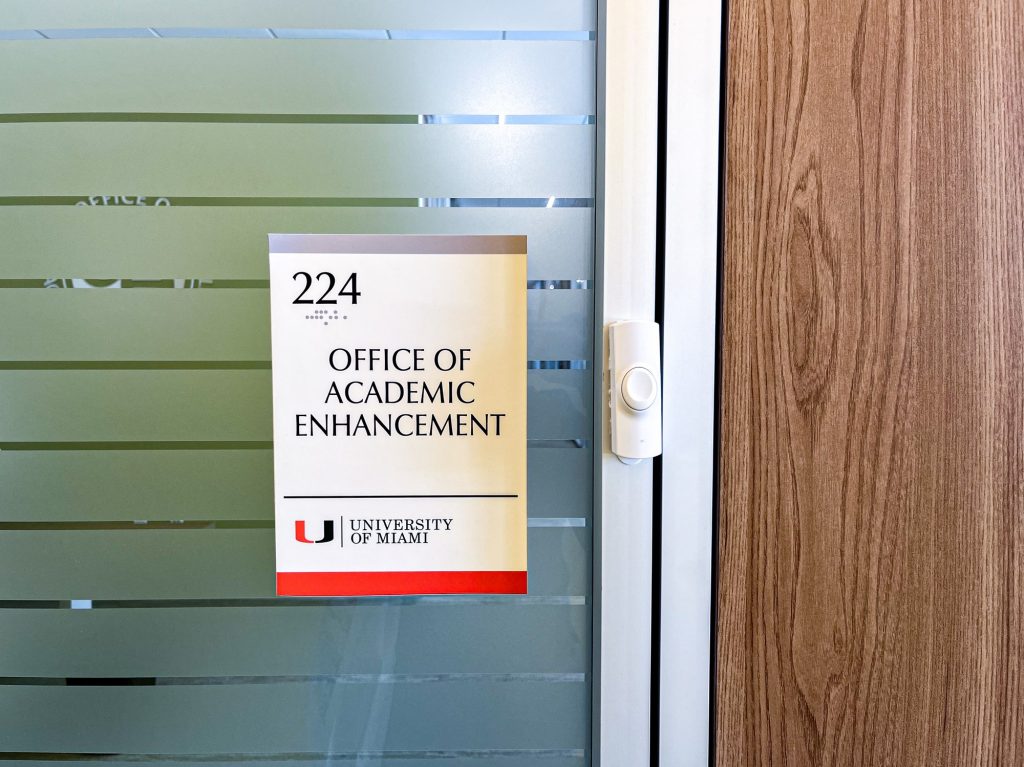

Plus One granted students the gift of an additional, tuition-free semester or year, conditional upon their course of study being both strictly planned and unrelated to their original majors. Any kind of professional development was also expressly forbidden, as students were intended to learn out of pure curiosity.
Students that participated in Plus One graduated with an enriched degree and increased knowledge of subject matter that piqued their curiosity, according to Director for Academic Initiatives & Academic Ombudsperson Michael Stokes, who serves as the program director for Plus One. The scholarship supported a select number of students — only about six or seven per year.
One of the last students that will benefit from the program, Madeline Wagner, is a marine affairs and ecosystem science and policy major and is also completing a minor in sustainable business. Her new course of study, which deals with philosophy, religion and classics, is an expansion upon her arts and humanities cognate — religion, myth and interpretation.
“I was just feeling like I had unfinished business at school,” Wagner said. “I wasn’t ready to graduate, just mentally. I felt like I missed out on so much because of Covid. I was a sophomore when it started and then things were sort of back to normal by the time I was a senior. Basically, I had one real year of college. It wasn’t enough.”
Originally, Wagner’s schedule was too packed to include classes she simply enjoyed. She said she felt incredible pressure to avoid deviating from those classes necessary for her majors.
“I couldn’t take an art class, I couldn’t take a dance class, or just something that I thought was interesting, just because I thought it was interesting,” Wagner said. “I had to squeeze everything into these four years.”
Thanks to her new courses, Wagner said that she feels she’s developing a different part of her brain.
“I do a lot more thinking in these courses rather than just learning how to complete a set of problems,” Wagner said. “Even in the couple weeks that I’ve been taking these courses, I find that I have better communication skills, because everything is verbal. I would also say that it’s had a much bigger impact on my personal outlook on life — don’t take everything so seriously, there’s a bigger picture, stuff like that.”
Though the coming classes of UM students won’t be able to take advantage of the Plus One Program specifically, Wagner advises that they participate in similar opportunities, should they arise.
“If you’re given the opportunity to do something different that might seem like it’s uprooting the path you’ve had for so long, just do it,” Wagner said. “You’ve got so much time in your life to make silly choices and try new things. Do it while you’re young, while you have nothing to lose.”
Wagner voiced a bit of sadness as the program comes to its close.
“It’s been so influential in my career at UM and I found it right at the tail end,” Wagner said. ‘It makes me a little sad because I feel like it’s something that everybody could stand to gain from. I stumbled upon it and it’s literally changed my life. It makes me feel very lucky that I get the opportunity and hopefully I can use what I’ve learned from this experience.”
Stokes, who’s been involved with the program for two years, has similarly mixed feelings. Having attended UM as an undergraduate and changed his major three times during that tenure, he said he remembers well the intense stress of completing requirements.
“I was excited to work with the program because I honestly wish it was around when I was a student,” Stokes said. “It’s really an opportunity to just study.”
Stokes said that, while the program has greatly benefited those that it’s supported in the past, the priority is helping a greater number of students with their financial aid packages.
“There’s a sense of reality in that the cost of higher education is rising. At the end of the day, this program has been providing support for maybe six or seven students a year and we could be doing more for more students with some of our financial aid packages,” Stokes said. “We hope to be able to reallocate it back into the financial aid pool, so that students will have more benefits for completing their existing undergraduate degree requirements, rather than taking out an extra semester or year that gets funded as full tuition.”
Ultimately, Stokes said, this decision is about reallocating funds to help the greater university community.
“It’s definitely bittersweet on all of our parts,” Stokes said. “We really just want to be able to help a larger quantity of students with their aid packages, so that’s ultimately where it’s going to go back into.”





